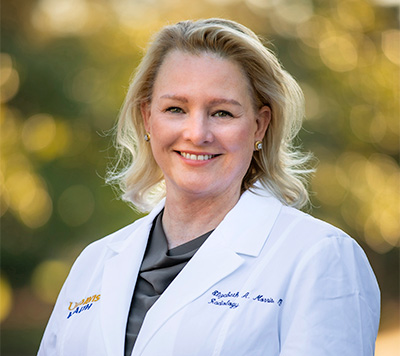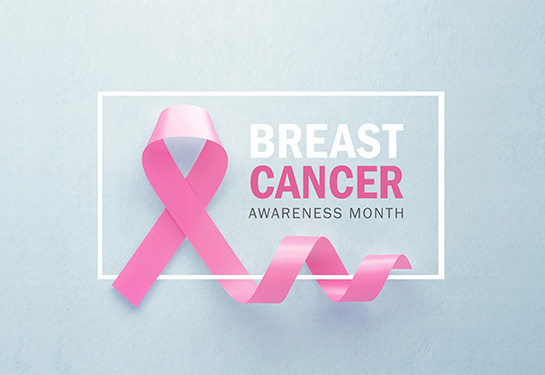[ad_1]
The United States Preventive Services Task Force (USPSTF) issued new draft guidelines this year recommending women start breast cancer screening at a younger age. Leading breast cancer screening expert Elizabeth Morris, chair of the UC Davis Department of Radiology and a breast cancer survivor, answers questions that are on the minds of many women.

What do the new draft guidelines recommend?
- Start breast cancer mammograms at age 40 instead of the previously recommended age of 50.
- Schedule mammograms in alternating years between the ages of 40 and 74.
Weren’t the guidelines changed not long ago?
Yes. The most recent USPSTF breast cancer screening update was issued in 2009 and finalized in 2016. Back then, the recommendation was for women with an average breast cancer risk to undergo mammographic screening every other year between the ages of 50 and 74. Those guidelines also advised women to ask their doctors whether they should start screening mammograms when in their 40s, especially patients whose mother or sister had been diagnosed with breast cancer.
Why were the guidelines revised again?
More women are being diagnosed with breast cancer while in their 40s. Also, cancer disparities needed to be considered. For instance, research has shown that Black women are 40% more likely than white women to die from breast cancer. They also are more likely to be diagnosed in their 40s and with more aggressive breast cancer.
Should women get a mammogram every year or every other year?
The USPSTF did not revise its stance on whether women should be screened every year or every other year; in these new draft recommendations, it continues to encourage women to be screened every other year. However, I strongly recommend annual screening for women within the indicated age groups.
Why do the USPSTF guidelines matter?
USPSTF is an independent panel of experts that issues reports that can help doctors and health care professionals as well as guide patients in making health care decisions. Its guidelines also can influence insurance coverage and other aspects of public health.
What should women keep in mind?
These guidelines apply to average women at average risk of breast cancer. Women with dense breasts should also consider the benefits of breast ultrasound or getting an MRI. I’ve long advocated for women with dense breasts to get these more accurate screenings, if only every couple of years.
Is it possible to be screened too often?
Mammograms do pose some potential risks. Women may be given false positive results that lead to biopsies or surgery, which can put them at risk of harm as well as cause stress. The goal is to balance the benefits against overtreatment.
Why are these guidelines in draft form?
The medical community and the public were invited to submit comments in response to the draft guidelines. That public comment period has ended. While major changes are not expected, a process has been established to evaluate responses before final recommendations are issued.
UC Davis Comprehensive Cancer Center
UC Davis Comprehensive Cancer Center is the only National Cancer Institute-designated center serving the Central Valley and inland Northern California, a region of more than 6 million people. Its specialists provide compassionate, comprehensive care for more than 100,000 adults and children every year and access to more than 200 active clinical trials at any given time. Its innovative research program engages more than 240 scientists at UC Davis who work collaboratively to advance discovery of new tools to diagnose and treat cancer. Patients have access to leading-edge care, including immunotherapy and other targeted treatments. Its Office of Community Outreach and Engagement addresses disparities in cancer outcomes across diverse populations, and the cancer center provides comprehensive education and workforce development programs for the next generation of clinicians and scientists. For more information, visit cancer.ucdavis.edu.
[ad_2]
This article was originally published by a health.ucdavis.edu . Read the Original article here. .


